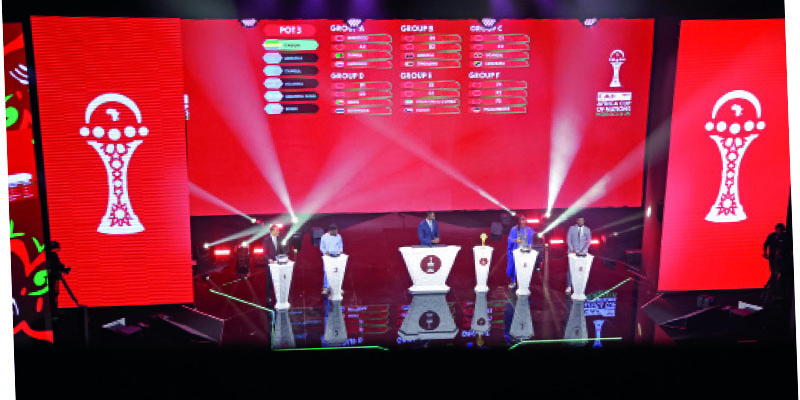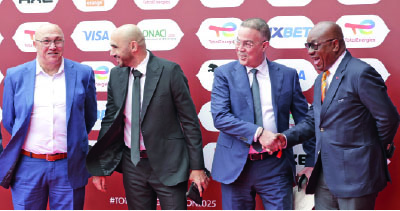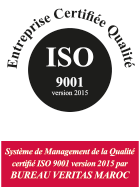
MILLIONS of soccer fans in Morocco, Africa and beyond had their eyes riveted on the Mohammed V Theatre in Rabat on Monday, January 27 in the evening, where the draw for the next edition of the African Cup of Nations (AFCON) took place. According to the Confederation of African Football (CAF), over 90 countries watched the draw ceremony. Morocco have been drawn in a balanced group, with Mali, Zambia, and the Comoros Islands as direct adversaries. The continental competition, which will bring together 24 national teams, kicks off on December 21, with the final on January 18, 2026. All the elite of African soccer and all that revolves around it were present. The President of the Royal Moroccan Football Federation (FRMF) expressed his gratitude and thanks for enabling Morocco to organize the 2025 edition of the CAN. “ It is an honor and a responsibility that we accept with seriousness, commitment, and a sense of duty. I won’t be revealing any secrets to you by informing you that the organization of this major continental event enjoys the personal support of His Majesty the King, may God assist him ”, said Lekjaâ.
Fouzi Lekjaâ sees Morocco’s organization of this major sporting event as an opportunity to renew its commitment to its African brothers, by moving towards a common future, not only in the sporting field, but also within the framework of a more global and inclusive development. In pursuing this dream, he does so “ with the conviction that our success, as a continent, will constitute a first step which will be followed by a second, where our success will be that of the whole of Africa. And I’m referring here to the organization of the 2030 World Cup. From the outset, Morocco’s bid has been presented as representing the African continent”. Still on the subject of this competition, the President of the Federation reiterated the obvious. For him, the real challenge of our sporting competitions must be to promote a vision of life filled with optimism, fraternity, and constructive competition that does not contradict cooperation and mutual respect. “ We are here to defend the values of human elevation that we seek to inculcate in our youth and our children. The values of soccer, which always remind us that the world does not need confrontations or conflicts, but rather competitions on the pitch that generate joy and happiness”, Fouzi Lekjaâ hammered home. Without the president taking aim at one party or another, it is clear that the Algerian regime will recognize itself in this declaration.

Morocco and Africa
AFRICA holds a special place for His Majesty the King. For proof of this, one need only recall the dozens of official visits made by the Sovereign to several countries on the continent. This is not the result of a passing desire, but rather the natural continuity of a long history of shared belonging to our mother, Africa, said the President of the FRMF.
“A common belonging through which we have forged a shared heritage, intertwined identities, and written together pages of cooperation and solidarity in difficult times, notably during the common struggle for independence and freedom ”, added Fouzi Lekjaâ. If Morocco has a special relationship with its African identity, it’s because its national existence is deeply rooted in history. Indeed, its state, in its current form, dates back more than 12 centuries. During this period, its strongest links were with Africa, through endless trade caravans. These caravans not only exchanged consumer goods, but also civilizational dimensions, thoughts, philosophies, sciences, and arts.
Balanced group
TO return to the pitch, Walid Régragui’s opinion is enlightening. For the national team coach, Morocco’s squad is well-balanced. Because, on the continent, at this level of competition, there’s no such thing as a strong team and a weak one. The level is close because of the progress made in Africa. Morocco has almost a year to prepare. For them, the first objective is to win the CAN title. Moroccans have been waiting 49 years for this event. As a result, the pressure on the shoulders of the national team and the coach will be enormous. This pressure will be heightened by the fact that Morocco will be playing at home. Walid Régragui is well aware of the heavy responsibility involved, saying he needs the support of the public and the press to channel the positive energy.
Mohamed CHAOUI


























